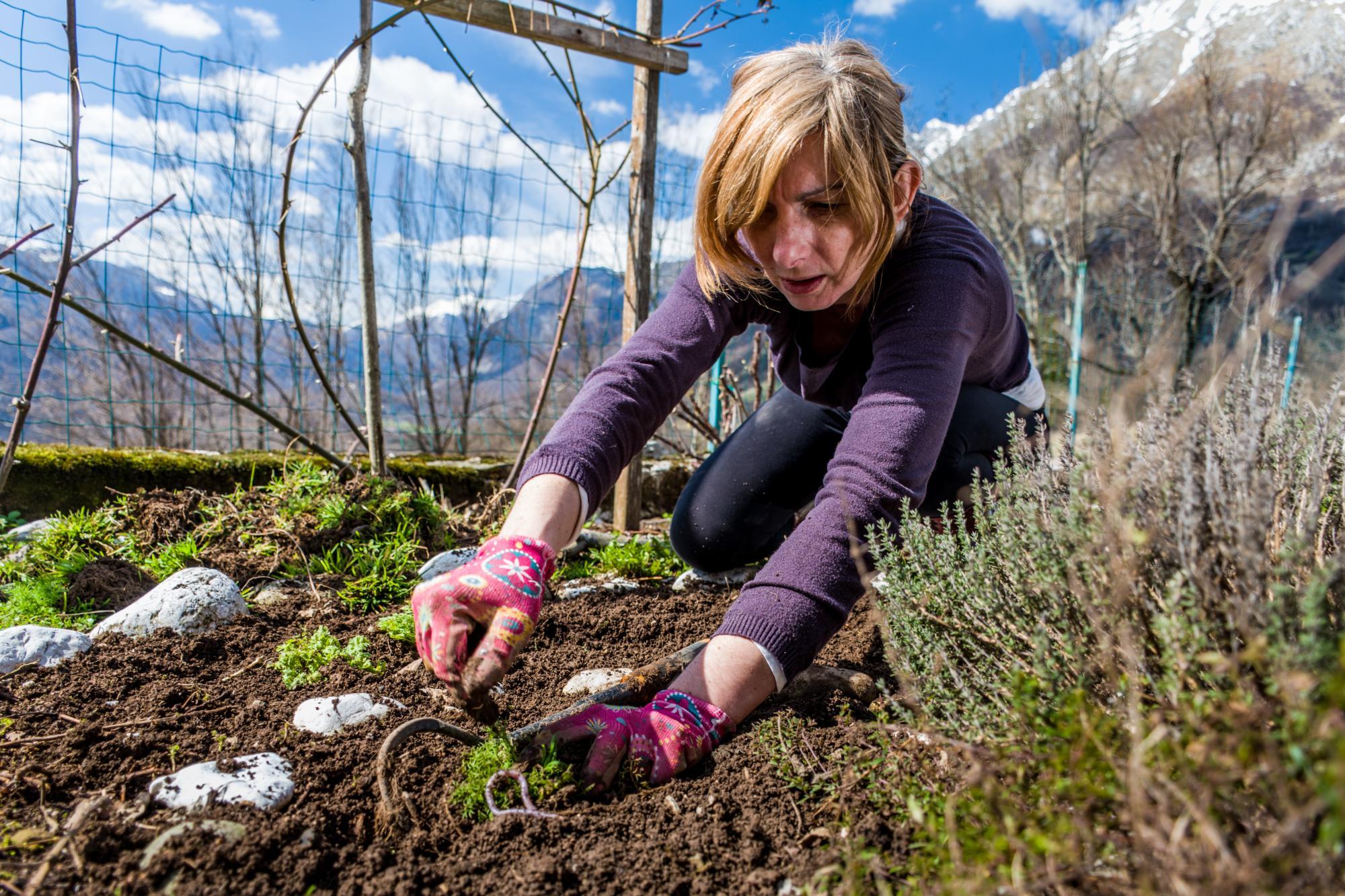
Earthworms Are an Essential Part of an Organic Garden
Tags:
Healthy soil is an integral part of an organic garden, and earthworms make healthy soil. They tunnel through and ingest the hardest of hardpans, and the burrows aerate the soil. Worm castings add fertilizer full of macro- and micronutrients, which helps create an optimum growing environment for your garden.
There are several species of earthworms, and they burrow in as many different directions. Some worms make shallow burrows and devour surface litter, others go straight down several feet, and still others move horizontally - while some tunnel completely at random! No matter the methods, worm burrows allow water and air to penetrate the soil while making spaces for deep root growth.
Think of worms as a rototiller turning the soil. The shallow dwellers take organic matter from the surface of the ground down into their burrows, while the deeper dwellers pull up nutrients and minerals not accessible to plant roots. Worms till your soil and make a loose, friable planting medium with excellent aeration and drainage without fossil fuels! In one year on one acre, worms can move eight tons of dirt and excrete enough castings to make 2” of fresh, nutrient-packed soil, according to Darwin. Check out this video of earthworms making short work of a pile of compost, grass, and sawdust.
Worms eat dirt, animal manure, and organic matter such as leaves, dead roots, and grass. Their digestive systems turn their meals into humus full of necessary plant nutrients. Their castings contain more nitrogen, phosphorus, potassium, and calcium than the surrounding soil. Worm poop is a concentrated form of all the ingested nutrients, which are immediately available for uptake by plants.
4. Do not use synthetic fertilizers and pesticides. Worms will move to an organic, natural area.
5. Turn your soil with a flat tined fork or a broadfork. A rototiller or shovel will damage burrows and injure the worms.
Attracting Worms To Your Garden
You couldn’t ask for better free help to improve your soil! Here are five ways to lure night crawlers and field worms to your garden: 1. Keep your garden well-watered and mulched. Worms like a cool, damp environment. Protect them from extremes weather. Plant a cover crop over the winter to keep them from freezing. 2. Be sure your pH is above 4.5. If the soil is too acidic, the worms will go to a more alkaline area. Add lime to a very acidic soil to raise the pH and provide calcium, which worms love and need! 3. Feed them by adding organic matter to your garden in the form of compost, shredded leaves, and grass clippings.Growing Your Own Worms
Start a compost pile of yard waste and fruit and vegetable kitchen scraps. The organic matter will attract worms, and they will turn it into compost, which will feed the worms in the garden. Build a worm bin for indoor composting using red wigglers or branding worms. You will get nutrient-rich compost and liquid fertilizer to use on your plants. Worms will also multiply in a bin, so you’ll always be adding to your population. Feed the worms, and they will feed you!Would you like to be the first to hear about our new products and more? Sign up for our Nature’s Path Newsletter.








